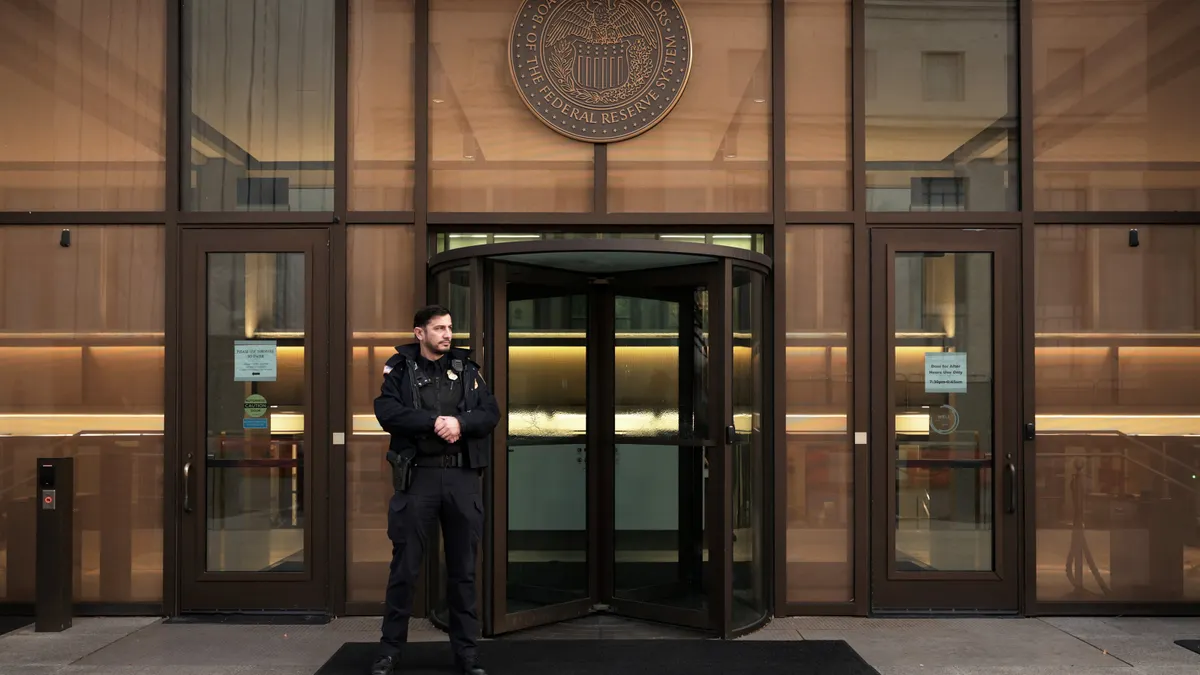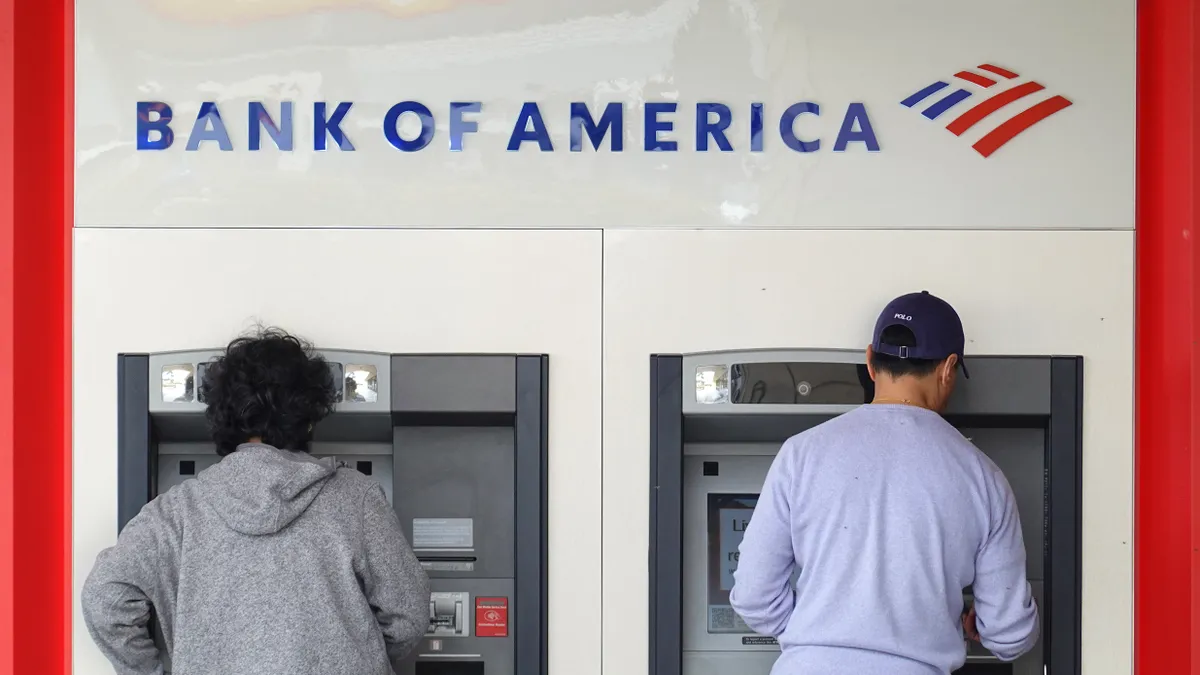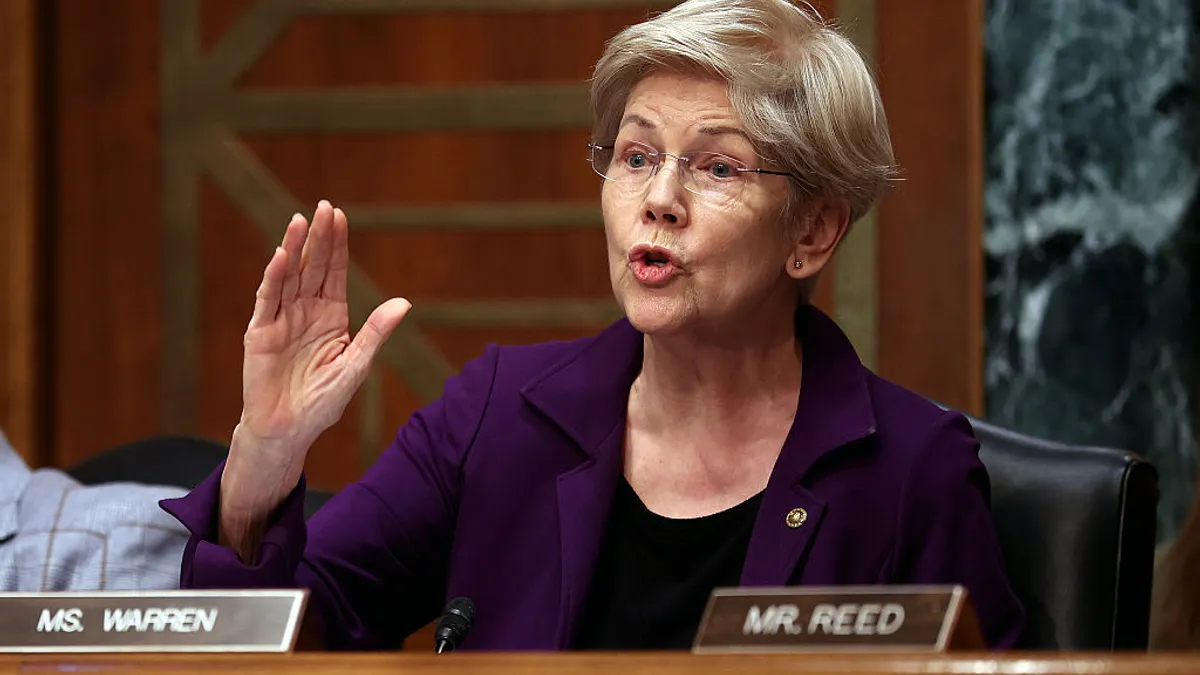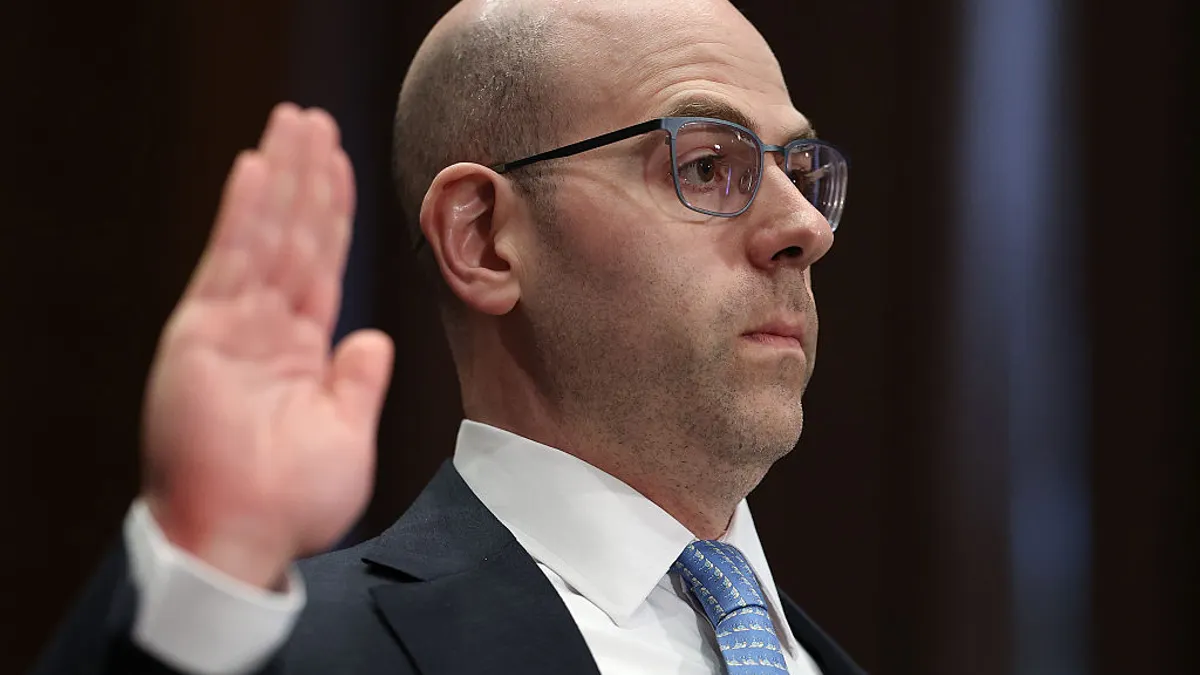Cryptocurrency bank Custodia can’t force the Federal Reserve to give it a master account, an appeals court ruled last week.
“We conclude the plain language of the relevant statutes grants Federal Reserve Banks discretion to reject master account access requests from eligible entities,” Judge David Ebel of the 10th Circuit Court of Appeals wrote Friday. “Therefore, we reject Custodia’s attempt to impair the Fed’s ability to safeguard our nation’s financial system through the exercise of discretion.”
Custodia had argued that the laws governing master accounts indicate the Fed must grant access to any eligible depository institution. However, a two-judge majority of the appeals court’s three-person panel disagreed.
“This case comes clothed in 21st Century terms: cryptocurrency, digital assets, instant wire transfers, and master accounts,” the judges wrote Friday. “But there is nothing new about this issue. Courts have probed the legality of our nation’s central bank and interpreted the relevant statutes since the founding.”
Custodia took some solace in the ruling.
“While we were hoping for a win at the Tenth Circuit today, we received the next best thing – a strong dissent,” the crypto bank wrote in a statement posted Friday to the social media platform X.
In that dissent, Judge Timothy Tymkovich faulted his fellow judges for “endors[ing] a reading of federal law that allows unappointed bank officials to exercise significant yet unreviewable executive authority.”
“I doubt our Constitution allows that,” Tymkovich wrote. “By claiming unreviewable discretion over access to the nation’s financial system, the Fed has gone too far.”
Tymkovich, for his part, cited statutory language stating that Fed services “shall” be available to eligible non-member banks.
The majority ruling, however, bolsters a March 2024 judgment by a federal district court in Wyoming. “[U]nless Federal Reserve Banks possess discretion to deny or reject a master account application, state chartering laws would be the only layer of insulation for the U.S. financial system,” U.S. District Judge Scott Skavdahl wrote at the time.
The case may not be over. Custodia can opt to petition the 10th Circuit for a rehearing – a prospect the crypto bank said it is “actively considering.”
But a master account, which would enable approved institutions to settle transactions, hold reserves and send payments directly through the Fed’s system – rather than needing an intermediary bank for that – may not be Custodia’s only option.
Fed Gov. Christopher Waller told attendees at a payments conference last month that he has asked the central bank’s staff to review creating a “skinny” version of a master account that would grant limited access to Fed payment rails while restricting benefits such as interest-bearing balances or overdraft privileges.
In keeping with the Fed’s discretion as to which applicants might be approved for such access, Waller told American Banker: “They can request."
"It doesn't mean you get one, let's be clear,” Waller told the publication. “It just says you're able to request."
The court decision Friday made for a perhaps awkward post on LinkedIn. Two days ahead of the ruling, Custodia CEO Caitlin Long wrote: “HAPPY 5th ANNIVERSARY to Custodia Bank for receiving its bank charter + applying for a Fed master account.” The post links to an article in which Long touts an observer’s prediction that Custodia would be the “first #crypto company to obtain a Fed master account.”
Indeed, the Fed has not, to date, approved a master account application for any crypto-native institution – a prospect that compelled Custodia to sue the central bank in June 2022.
Custodia called the Fed’s delay in processing its master account application “unlawful,” noting that the crypto bank had been waiting 19 months, at that point, to hear back on a procedure that typically takes “5-7 business days.”
Custodia’s rancor was further incited when the Fed approved BNY – in short order – to take custody of clients’ crypto assets. The Fed disputed Custodia’s allegations of favoritism toward the U.S.’s oldest bank.
The central bank and its Kansas City regional outpost then denied Custodia’s application in January 2023, arguing the crypto firm’s business model relied too heavily on volatile crypto markets and lacked sufficient controls to manage risk of intrusion by illicit finance. The Fed also cited Custodia’s limited experience in traditional risk management and the potential systemic implications of granting direct access to a crypto-centered institution.
Custodia, in an amended complaint, argued the Fed and its Kansas City outpost had illegally coordinated to reject the application.
The Fed rejected Custodia’s request to reconsider the application, later detailing three ways in which the bid fell short.
Custodia’s arguments, however, flesh out to a degree the debanking narrative – namely, that institutions in certain sectors are held out from mainstream finance.
Several crypto firms, including Coinbase, Circle, Paxos and Ripple, have applied this year for national trust charters from the Office of the Comptroller of the Currency.




















